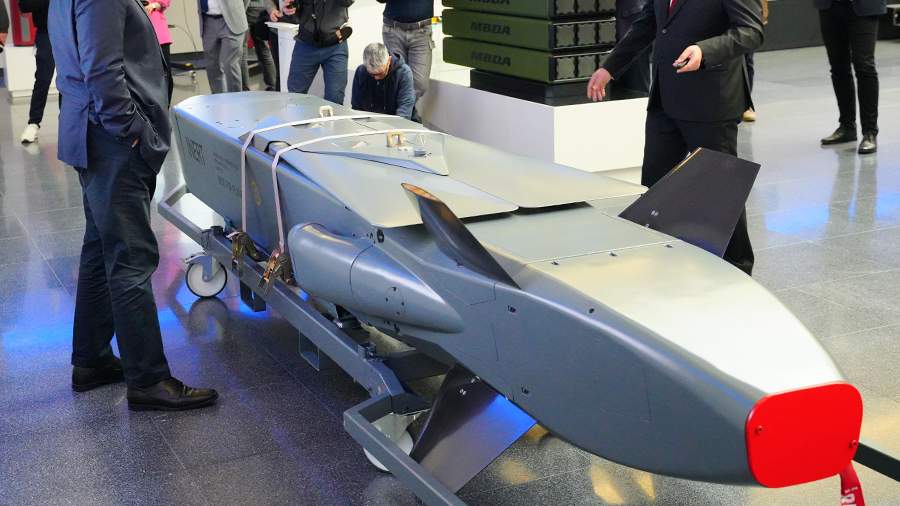Scholz says FRG refuses to allow Ukraine to strike deep into Russia

Germany will not give its permission to Ukraine to launch strikes with long-range weapons deep into Russian territory, nor will it supply Taurus cruise missiles. German Chancellor Olaf Scholz said this on December 4, after returning home from a trip to Kiev.
"I will continue to do everything to ensure that there is no escalation, no war between Russia and NATO. <...> In my opinion, my decisions remain consistently correct: we will not allow strikes with dangerous weapons that we have supplied deep into Russian territory. The same applies to cruise missiles," the politician said during a speech to the government.
He also urged to "remain calm" when making decisions to support Kiev, emphasizing that no decisions "can be taken over Ukraine's head." In total, Germany has provided €28 billion in aid to Ukraine since the start of the conflict, Scholz noted.
Prior to that, on December 2, upon his arrival in the Ukrainian capital, Scholz announced the allocation of €650 million worth of arms to Kiev. The politician said he wanted to "make it clear that Germany will remain the main country in Europe supporting Ukraine." The German chancellor's visit to Ukraine took place for the first time in 2.5 years.
At the same time, he published a message to Russian President Vladimir Putin on the social network X (former Twitter), in which he noted that Germany's support for Ukraine was not weakening and would be provided "as long as necessary." Later, the chairman of the committee on people's diplomacy and interethnic relations and the head of the Crimean German community, Yuriy Gempel, called the message shameful and not in line with the national interests of the Federal Republic of Germany.
In addition, a representative of the German Defense Ministry, Mitko Muller, said at a briefing that the €650m military aid package to Ukraine from Germany will include IRIS-T air defense systems, Leopard 1 tanks, as well as reconnaissance and attack drones. The aid package will also include small arms and winter clothing.
On Nov. 17, The New York Times reported that U.S. President Joe Biden had authorized Ukraine to use U.S. long-range missiles to strike Russia. The next day, Scholz, on the margins of the G20 summit in Rio de Janeiro , refused to comment on the subject to Izvestia correspondent Viktor Sineok. Summit volunteers prevented Sineok from approaching the chancellor and then pushed the Izvestia correspondent aside.
The special operation to protect Donbass, the start of which Russian President Vladimir Putin announced on February 24, 2022, continues. The decision was taken against the backdrop of the worsening situation in the region.
Переведено сервисом «Яндекс Переводчик»

